 Research Study: What Every CFO Needs to Know About Supply Chains
Research Study: What Every CFO Needs to Know About Supply Chains
As CFO, are you reluctant to invest in and implement modern supply chain management technology? Today, the demands on manufacturers and distributors are tremendous. You are at risk of losing customers if you can't deliver cheaper, better, faster. The pressure to operate at slim profit margins makes it harder to make money if you do not operate with maximum efficiency. This is why modern solutions like NetSuite are so important - because they help CFOs make critical financial decisions that can positively impact inventory, sales, the cost of sales, and profits.
Download a free copy of this 17-page research study designed for CFO's to learn how a modern supply chain with digitization can dramatically improve cash flow, profitability, and revenue.
CFO's Demand More Intelligence from Data
This research study surveyed 125 CFOs and CEOs, and probed five key areas of the supply chain. The goal of the study was to help CFOs and CEOs consider modern supply chain technology and its potential to improve financial performance:
- Revenue Recognition. In May 2014, new revenue recognition rules (ASC 606 and IFRS 15) were announced to ensure greater consistency between and within the U.S. Generally Accepted
Accounting Principles (GAAP) and International Financial Reporting Standards (IFRS) guidelines. This update led to significant internal process changes, which impacted financial statements in many companies worldwide. Our research highlights how peer companies have adopted different supply chain methodologies to support their revenue recognition policies, and the relative risks associated with the different procedures. - Digitization and Collaboration with Customers. Customer-facing supply chain activity can directly affect when revenue can be recorded, when the customer can be invoiced, and how quickly cash can be collected.
- Digitization and Collaboration with Suppliers. Supplier-facing supply chain activity can directly affect inventory, inventory visibility, and costs associated with processing supplier-provided
documents. Unlike customer-facing supply chains, there is often a greater ability to dictate digitization and collaboration with suppliers as a buyer. - Electronic Payments. Payments utilizing a digital process have a different impact on a company's
bottom line than payments using a manual check writing process. - Corporate to Bank Integration. Banks provide numerous services to their corporate clients, including check-writing, electronic payments, lockbox services, and issuing interest on idle cash.
Visibility into bank account activity is historically provided via a web portal interface. In this study, we investigated the migration from a web portal interface to a digital integration between banks
and their Clients' ERP systems to synchronize large amounts of information.
Getting Started is Easy with an Expert
Automating their supply chain sounds both daunting and expensive for many companies, but that does not have to be your experience. The first step to digital supply chain automation should be small. For example, if your company relies heavily on paper to manage your fulfillment, you might start by trying to go paperless. This strategy is forward-looking because going paperless is a primary component of offering digitized supply chain data and communications to customers and suppliers.
NetSuite ERP offers a robust range of business functions within its overall solution, but it does not demand that you simultaneously implement all of those areas. You may decide to get up and running and adopt more functionalities over time. You can choose the areas that are particularly impactful at the moment and advance in a very controlled manner in the future.
When combined, these small steps help advance companies of all sizes toward automating their supply chain. All of the data coming in from suppliers goes right into a centralized, unified platform where all of the numbers are crunched and insights are detected, so you can react when things are not going as expected.
Why Work with Dynavistics' NetSuite Team
You can count on our experts to deliver a superior NetSuite solution implemented correctly the first time. You get the benefit of our expertise in the Wholesale, Distribution, Transportation, and Professional Services industries to help you optimize NetSuite and your business processes.
Dynavistics has helped 500 clients in 12 countries for over 15 years. Our consultants have an average of 20 years of experience with ERP systems with hundreds of ERP implementations. In addition to NetSuite certified consultants, our team includes Certified Public Accounts (CPAs), Project Management Professionals (PMPs), Microsoft Certified Professionals (MCPs), and Microsoft Certified Trainers (MCTs). We look forward to helping you with your digital journey.
Contact us today! Call us at 813.642.7230 ext. 409 or email.










